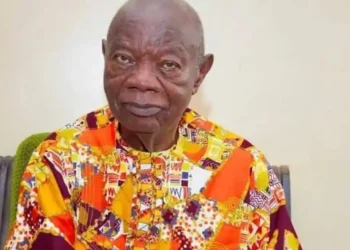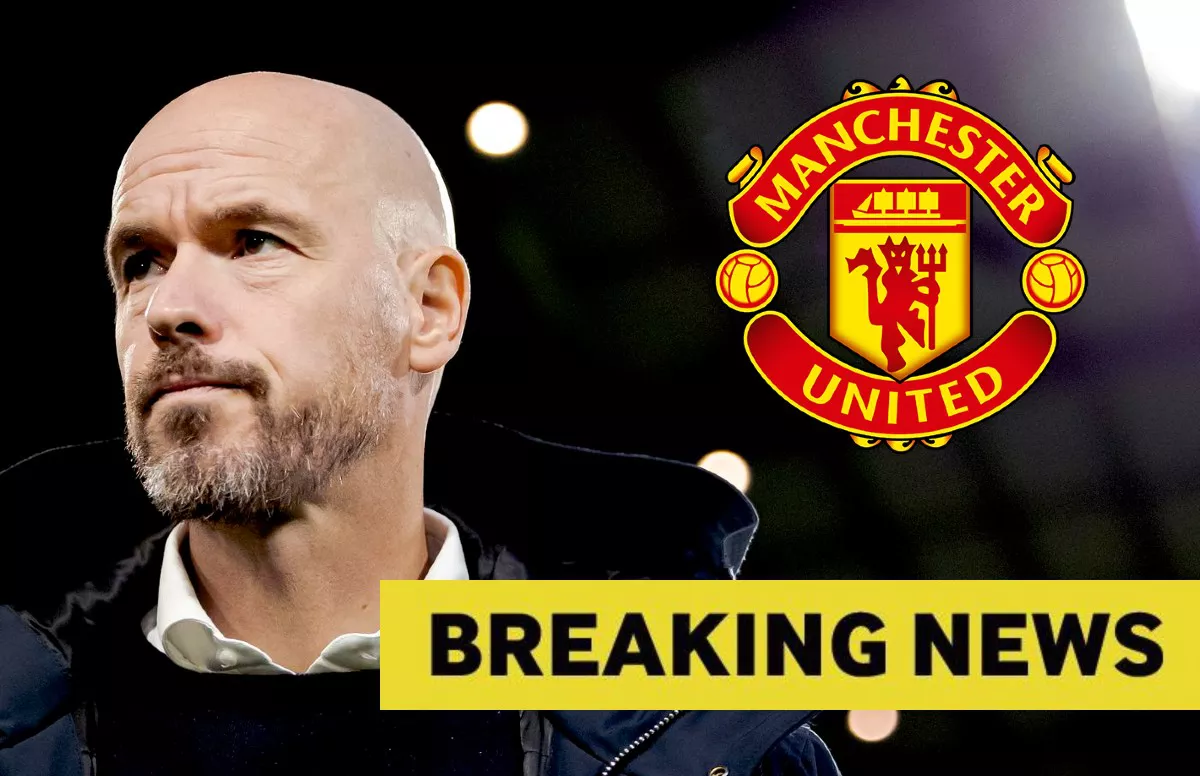By Fasuyi Tolulope Samuel
In the Nigerian music scene, we’ve seen a curious pattern: artists who shoot to stardom under big labels suddenly fizzle out after going solo.
From Lil Kesh to Reekado Banks, and even once-dominant names like Ice Prince, Wande Coal, and Korede Bello, the story is familiar—early fire, then a slow burn into near-obscurity. But why?
Labels Build, But Can Artists Sustain?
The truth is, major record labels in Nigeria don’t just sign talent—they shape it. They provide structure, strategy, and visibility. Think about Mavin Records or YBNL: they turn artists into brands, songs into anthems, and videos into viral hits.
Once an artist leaves that system, the same magic doesn’t always follow.Suddenly, they’re not just making music—they’re managing logistics, marketing, PR, show bookings, and digital strategy.
For many, that shift is overwhelming. It’s not a lack of talent; it’s the weight of running a one-man industry.
Sound Evolution or Identity Crisis?
Another factor is sound. Artists often leave labels hoping to “find themselves,” and while creative freedom is great, the results don’t always click. Audiences, especially in Nigeria, are trend-driven.
An artist experimenting with alternative sounds might gain respect but lose mainstream traction. Post-label, some artists drop songs that feel disconnected from what made them stars.
That disconnect leads to reduced airplay, less buzz, and eventually, fans move on.
Fierce Competition & Fast-Paced Trends
The Nigerian music industry doesn’t wait. With new talent dropping breakout songs weekly, former stars must either evolve rapidly or risk fading into nostalgia.
The pace is brutal. And without the media push or high-profile collaborations, staying relevant becomes a grind.
Conclusion
Going solo is a bold move, but without strategy, it’s a short-lived spotlight.





















![Bobrisky Flaunts Curves in Bold New Photoshoot [Pic]](https://mikigist.com/wp-content/uploads/2025/06/WhatsApp-Image-2025-06-26-at-13.44.33-1_1750941986-733x1024.jpeg2_-360x180.jpg)





















